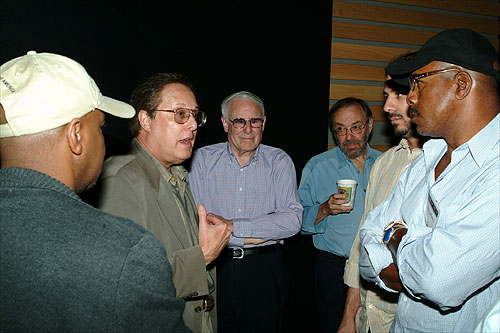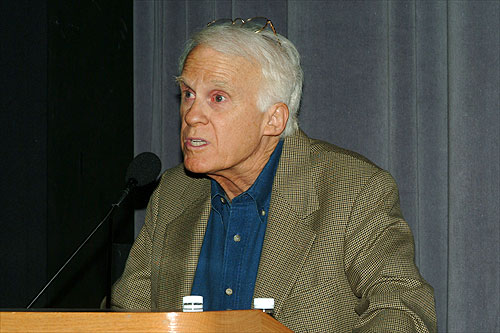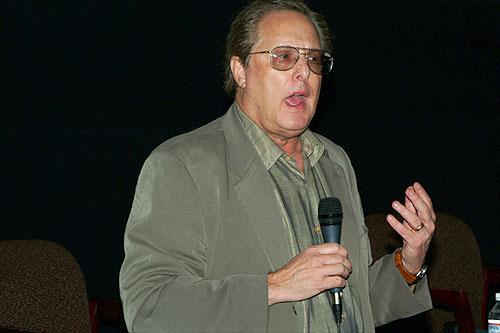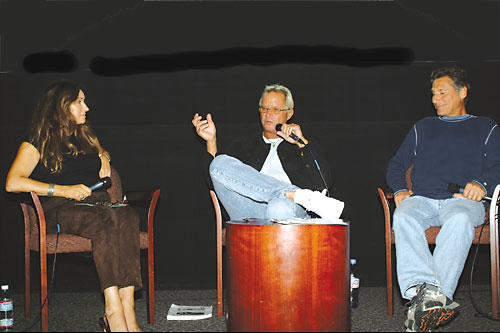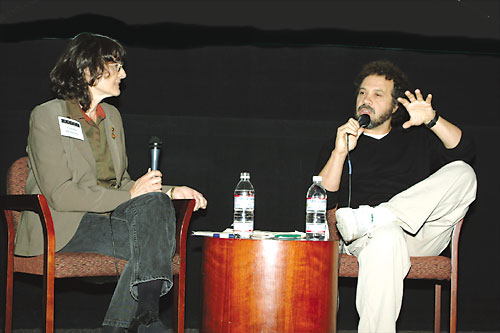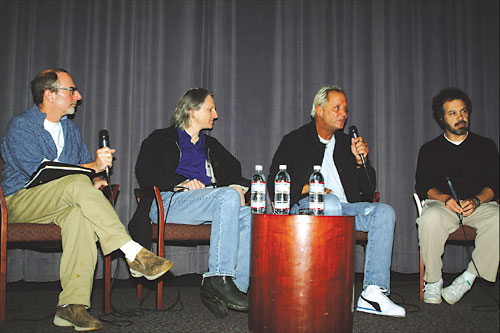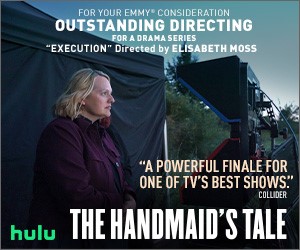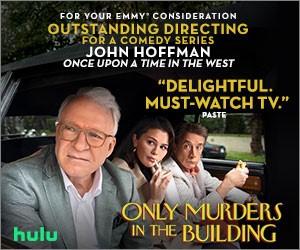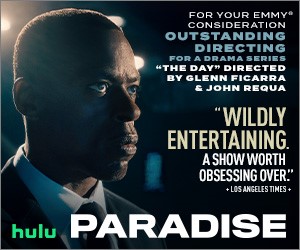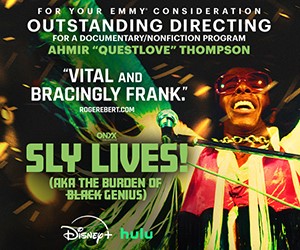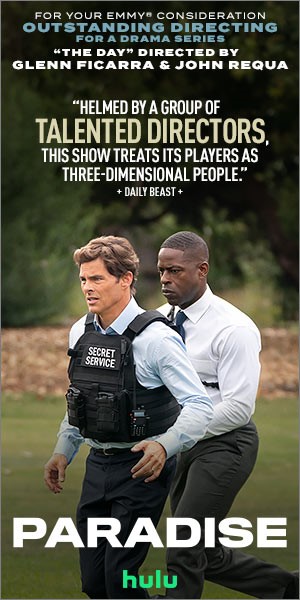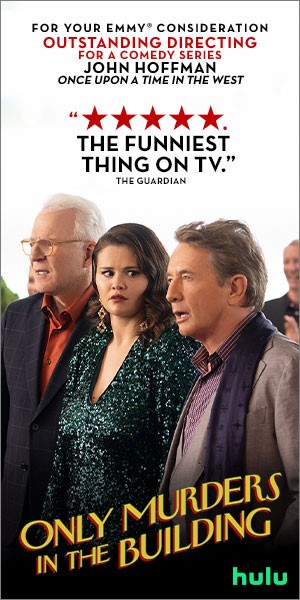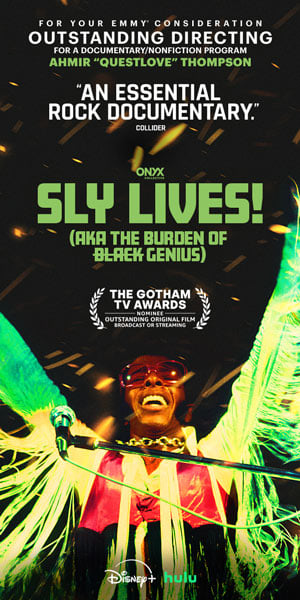The action movie is one of the most popular exports of the American Film Industry, drawing diverse audiences across cultures and languages around the world. On Saturday, October 16 DGA members had the opportunity to get together for a day of creative exchange with three outstanding directors and their collaborators and learn how they bring their own unique substance and style to the action genre.
William Friedkin discusses The French Connection
Among the surprises veteran director William Friedkin had to offer was the fact that The French Connection's famous chase scene was not in the original script, but added because he felt the movie needed some action.
"I felt that it could be a metaphor for the personality of the detective played by Gene Hackman, a guy who was so obsessed with getting his bad guy that he's put everything else in harm's way," said Friedkin. "The one motivation I had was to do a chase scene that was different from the one in Bullitt, which was generally considered the greatest chase scene of the sound era. Our chase was totally improvised. I never had storyboards so the crashes were not planned."
Friedkin further revealed that the way he was able to create such realistic action was by 'breaking the fourth wall' with his camerawork so that the action could be followed in any direction. Another technique he employed was to not allow the camera team to rehearse with the actors so that they wouldn't know what was going to happen until it happened and were thereby forced to catch it on the spot. "It's the most improvised film that I've ever made."
David Ellis discusses Cellular and Final Destination 2 with Gary Capo and Moderator Christina Stevens
In the next session, director David Ellis and cinematographer Gary Capo discussed how the director and cinematographer work together to create a successful action film. Ellis, who worked as a stunt coordinator and second unit director before becoming a director, gave the audience his philosophy of what went into the making of a successful stunt.
"I think it's all in the preparation where you figure out what you want to accomplish with a stunt, how you can photograph it to enhance it so that it looks more dangerous than it is, and most importantly, planning for everything that could possibly go wrong," said Ellis.
The audience broke into applause when Ellis revealed that Cellular was originally planned for shooting with the city of Montreal doubling for Boston but creative planning enabled them to shoot the movie in Los Angeles. "And we still came in $2 million under budget. It can be done. It just takes aggressive producers to figure out how to do it. All the tax rebates they talk about, the studio gets that as a rebate at the end of the film. A lot of that doesn't' go up there on the screen. It's not a real advantage to the filmmaker. And we didn't' shoot 18-hour days. We shot 10-hour days and we went home at night."
Edward Zwick discusses Glory, Courage Under Fire and The Last Samurai with Moderator: Victoria Hochberg
Director Edward Zwick has had more than his fair share of putting together grand action set pieces. But although his films may contain sweeping vistas of action, the director revealed that it is the intimate that holds his interest. "Pure action doesn't interest me much," said Zwick. "I like to watch it at times, but I'm more into doing it in the service of something else."
Zwick and Hochberg agreed that the best action sequences are like the best musicals where the song doesn't stall the storyline, but rather advances it. But when you're dealing with a literal battalion of actors, technicians and artists coming together to recreate a visually accurate portrayal of a battle sequence, Zwick revealed that one of the director's jobs is to know when not to get bogged down by the details.
Recalling experiences from his film The Last Samurai, Zwick commented, "In certain instances, the perfect has become the enemy of the good. I think that it doesn't always matter what's happening with that wardrobe in the fifth row where with a 28mm lens it's going the be the size of a flyspeck, or that a shadow has fallen across the thing in the background. A lot of times my job became having to say to people 'Walk away.' 'Stop lighting.' 'Step away from the extras,' or whatever. That's a weird role that that I don't necessarily like, but I've grown accustomed to."
